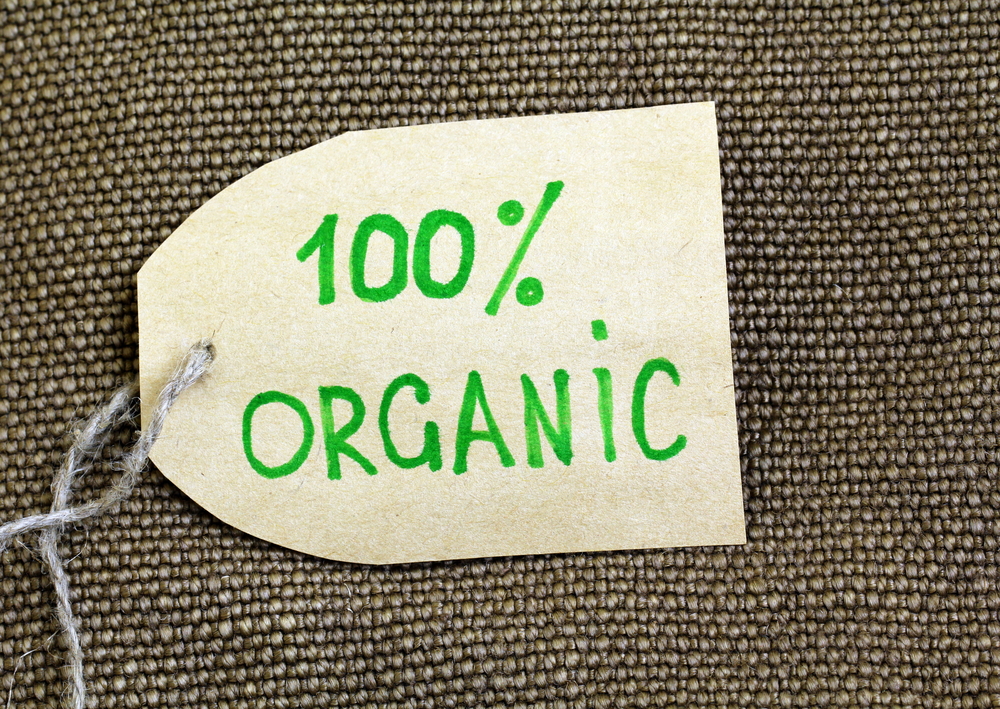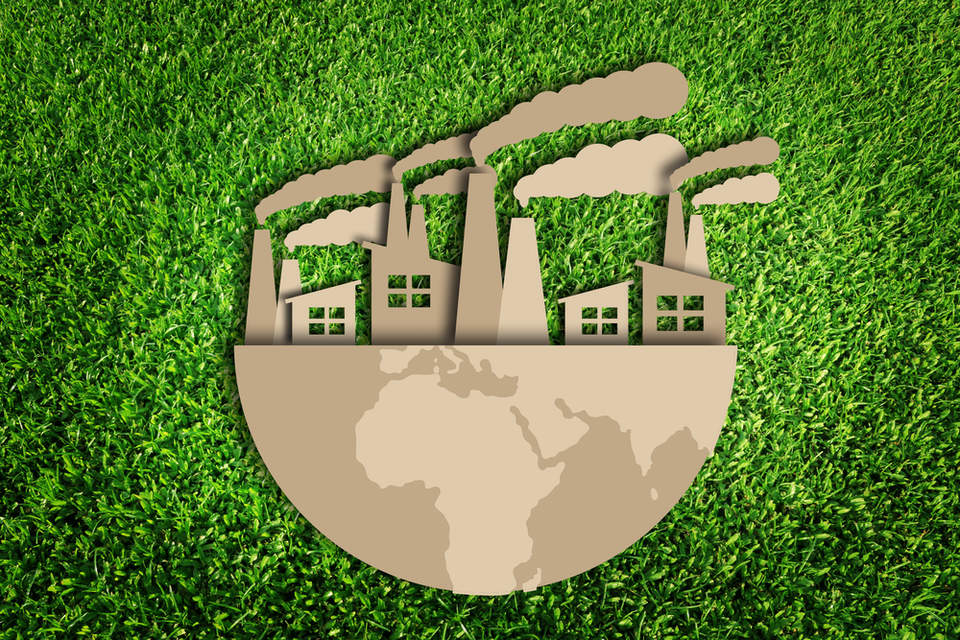You know that environmentalism has entered the mainstream when giants such as BMW are launching a hybrid car and Boeing has already launched a jet airliner specifically made from materials to minimize fuel usage. A sense of environmental responsibility is touching on every aspect of our lives, from the way we get around, to what we eat, to what we wear on our bodies. A generation ago, we would unthinkingly throw out everything, and nowadays a recycling bin sits next to the standard trash in the backyard, and we all know that we actually need to sort out the glass, plastic and paper and ensure that it goes into the right container so that it can be reused. Some countries are leading the way in reusing, and Germany applies a 25 cent surcharge to all plastic bottles, meaning that when you buy a bottle of Pepsi, you’ll need to add another 25 cents to the purchase price- although you can return your bottles into an automated supermarket machine and receive cash or a voucher to use in-store. And while we’re at the supermarket, many of us are now opting for products that have been certified as organic, as we become increasingly aware of the environmental impacts of agriculture and general production. Organic is not always the cheapest option, and it can be difficult to be environmentally responsible on a budget, and yet there are many reasons why organic products are best for you, your family, and the earth…
Organic Food
Essentially, organic products are products that have been made using a process certified as organic, and this is achieved by sustainable methods that don’t use genetically modified crops, synthetic chemical stimulants, pesticides or insecticides. So when you choose food at the supermarket, you’ll know that your organic apples were grown in an organically certified field and were grown to maturity without harmful chemical fertilizers or pesticides. You might also see a label relating to “food miles” which, while seen as environmentally friendly choice, doesn’t necessarily pertain to the foods organic credentials. Food miles simply means how far your food has travelled from the field to the supermarket shelf- so consumers who don’t like the idea of how far a mango has journeyed from South Africa to their local store in Glasgow can simply opt not to purchase.
Organic Clothing

Those who are fashion as well as environmentally conscious would never dream of wearing clothes made from fur or leather, and yet will purchase non-organic cotton clothes without considering the environmental implications of their choice. Cotton production accounts for a huge proportion of the annual global pesticide, insecticide and fertiliser usage, and millions of birds and animals die each year by being poisoned by these substances. There are also tens of thousands of human deaths each year from pesticide poisoning, either from direct contact or residual illnesses. Clothing made from organic cotton simply doesn’t have this level of impact, and it makes a strong case for seeking out organically produced garments, such as the Green Label range.
Hopefully we’ll soon live in a world where organic food and clothing are the norm, and we’ll all drive our hybrid cars and fly in carbon fiber planes that use considerably less fuel than their traditional counterparts. It can be overwhelming to think of the environmental effect of simply buying a new shirt, and yet the world will be in a far better position when environmentalism affects all levels of consumption. Mother Nature and future generations will thank us for it!






